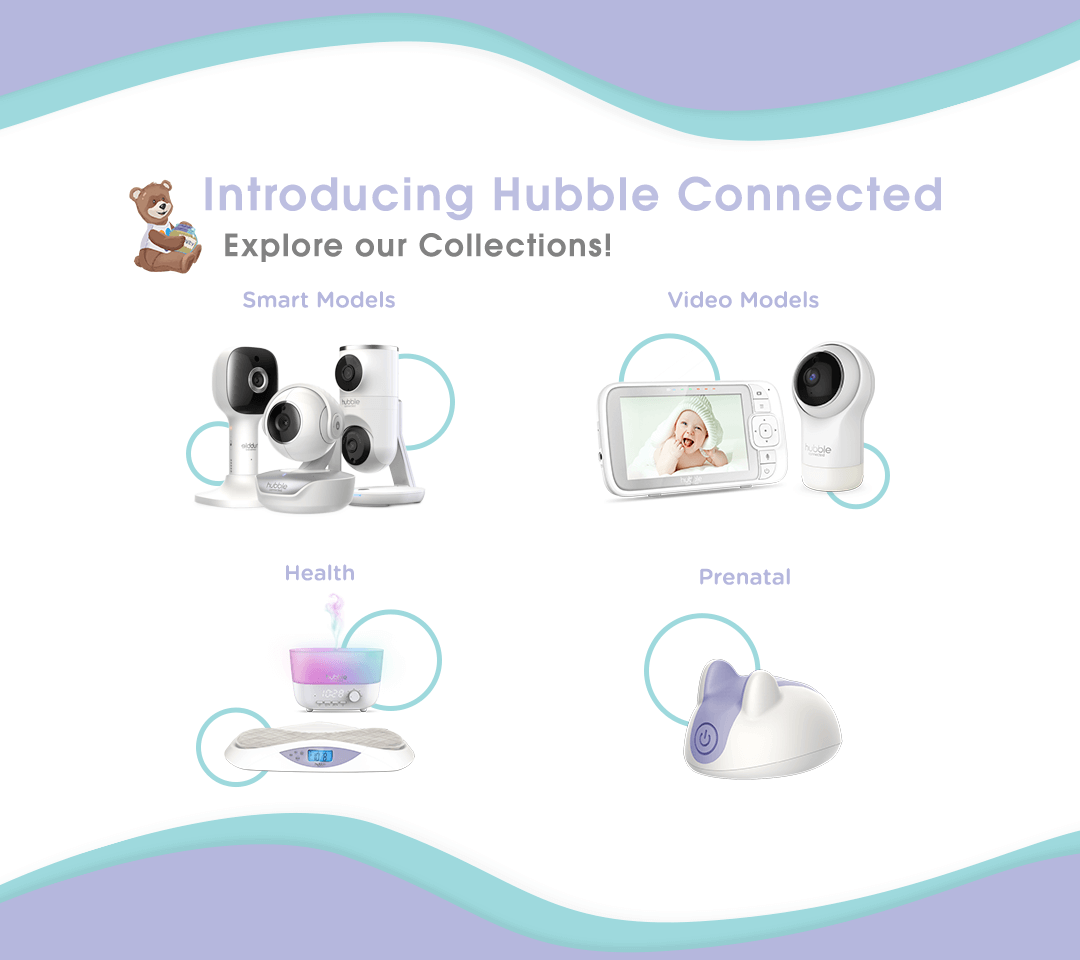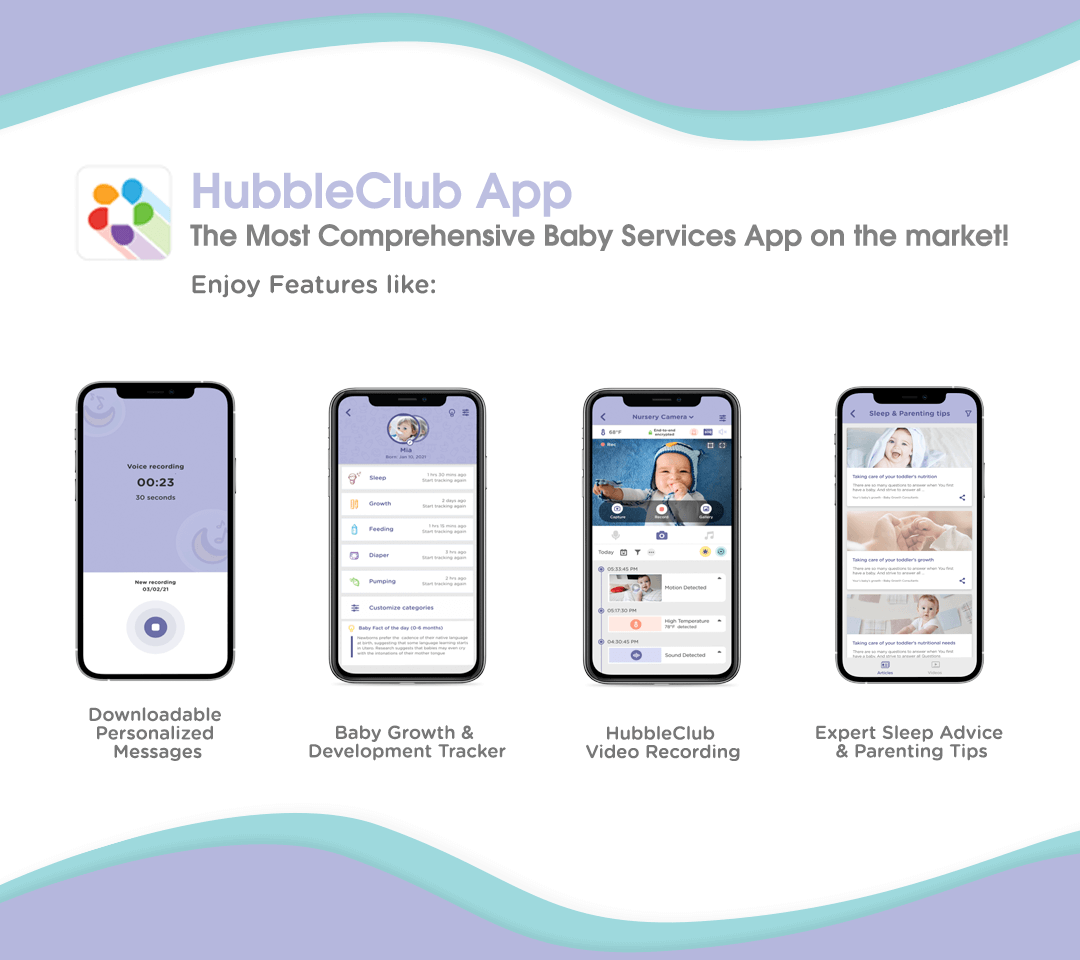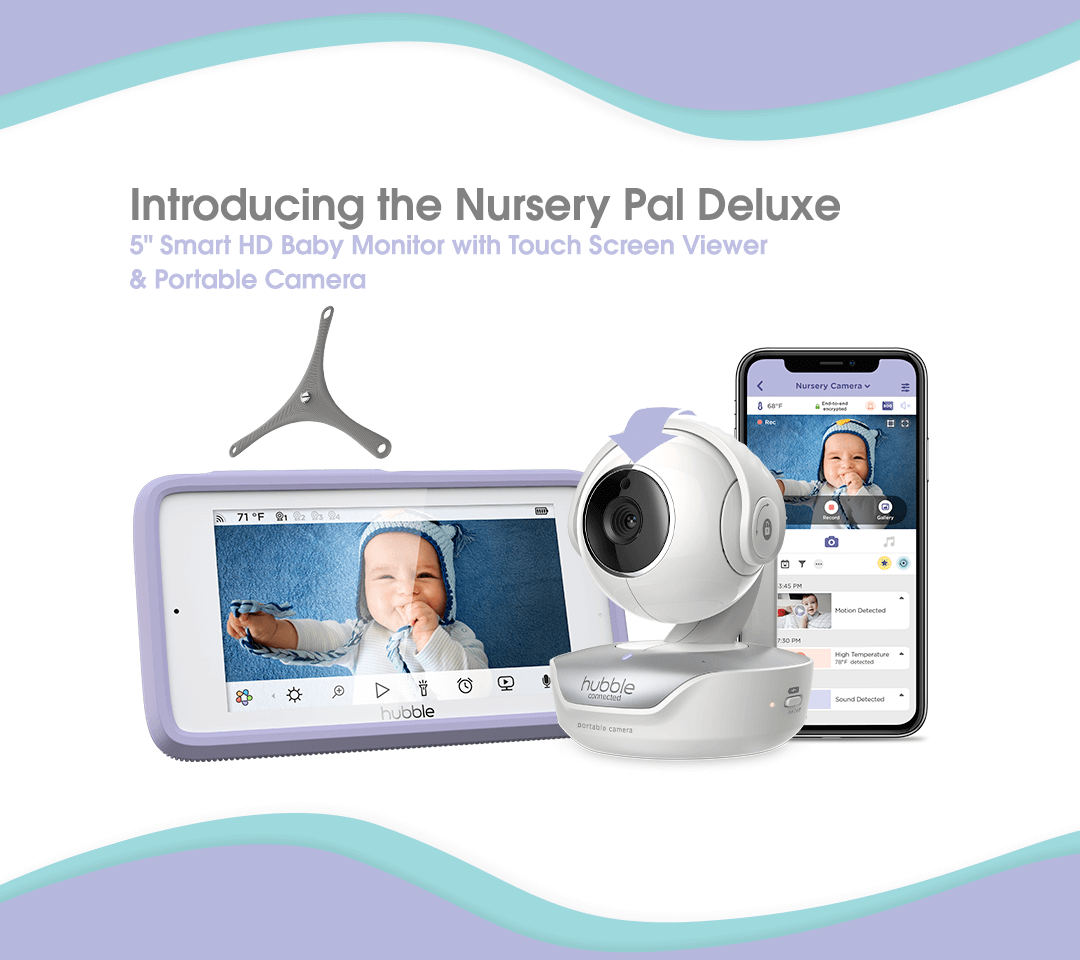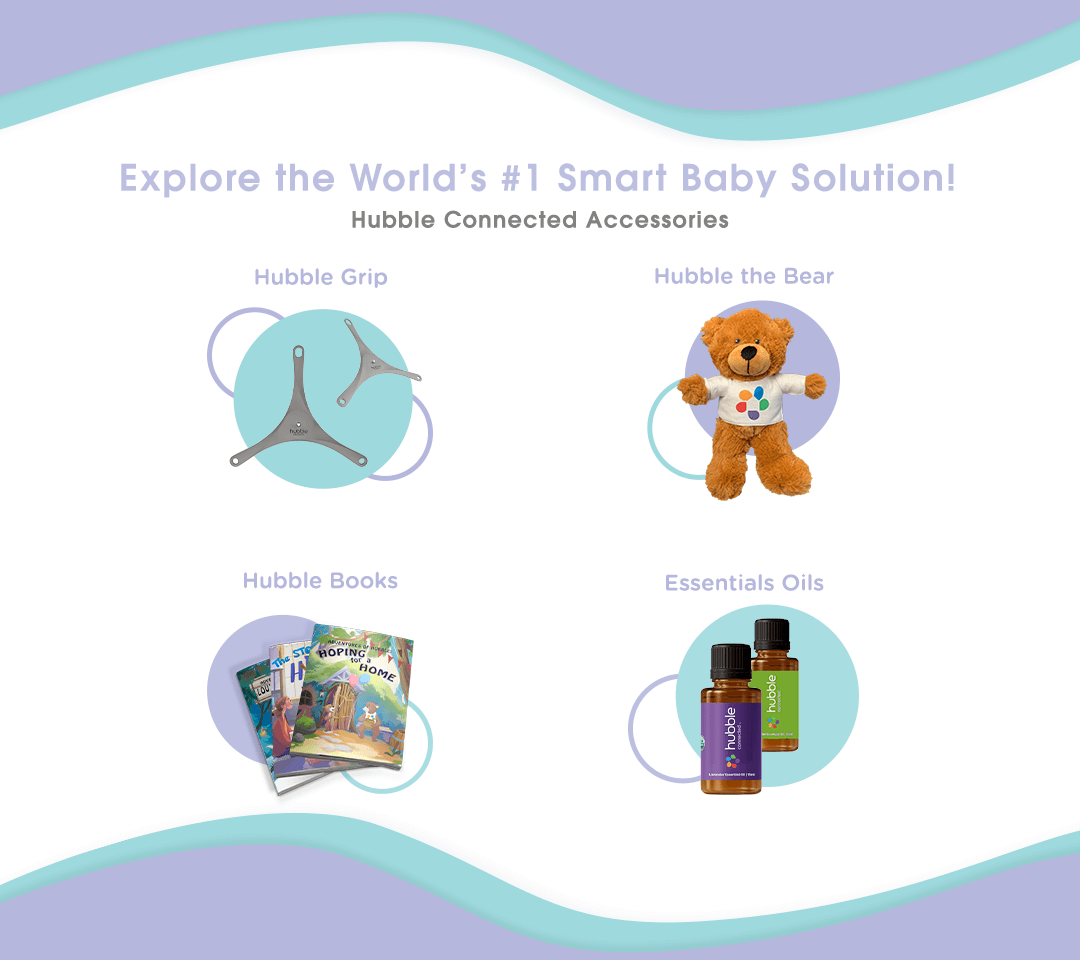Your Cart is Empty
June 21, 2021 5 min read

Being a mother is the best feeling in the world. And if you are a working mother or working during your pregnancy, kudos to you for all the efforts you put in to strike a balance between work and your health, along with the numerous other things on your mind.
As per theUnited States Department of Labor report, women constitute approximately 50% of the workforce, and around 85% continue to work while pregnant. Cheers, you are one of them!
Still, working during pregnancy might not always be as easy as it sounds. It will depend on multiple factors, such as the nature of your job, work profile, health, and the flexibility your organization offers. Read along and learn about the various issues women face when pregnant and how they handle them like a 'Boss.'
According to theCenters for Disease Control and Prevention (CDC), the majority of women can work during pregnancy. This will depend on the following factors:
The number of hours you put in your job and the shift timing also play a significant role. Additionally, it is advisable to discuss with your doctor if your job involves exposure to any of the following:
You should discuss these points with your supervisors when you inform them about your pregnancy. This will ensure appropriate protective measures can be taken to avoid any adverse pregnancy outcomes.
Your body undergoes a significant transformation during pregnancy and childbirth, involving almost all the body organs and their functioning. Apart from the physical and physiological changes, mental health is also affected while your hormone levels continuously fluctuate during pregnancy and a few months after childbirth.
Common health-related conditions faced by pregnant women include:
Feeling nauseated is typically the most common sign of pregnancy and often leads to discomfort. It is more common during the mornings. Hence, it is called morning sickness.
If you have frequent episodes of nausea or the urge to use the bathroom, it's better to keep your colleagues and supervisors informed about your pregnancy so that they can understand and empathize.
During pregnancy, you might experience the worst tiredness you could ever feel as the growing baby takes up all your energy. Fatigue is more prevalent during the first trimester and the last few weeks of pregnancy.
You might not feel like getting up or even moving. If you are working, fatigue can pose a significant challenge to your working capacity. Lung capacity is also affected during pregnancy, so you feel breathless very often, even with a bit of exertion. This can further aggravate fatigue levels, as the required amount of oxygen is not transported by the lungs.
It is recommended that you take short breaks from time to time and proper rest during lunch hours. Additionally, if you are in a job that requires prolonged standing or bending, it is advisable to set the alarm to sit occasionally or use furniture that could ease your job. Similarly, if you have a desk job, walk around your cabin or to the common area.
As your belly grows, the movement becomes more difficult. Some women experience swelling in their feet. Back pain and pelvic pain are common symptoms as your body prepares for the delivery by loosening up your joints.
You should wear comfortable clothes and supportive footwear while working, easing your movements and providing comfort. Additionally, make sure you have supportive cushions, backrest, armrest, neck rest, footrest, etc., to support your body, depending on your requirements and the nature of your job.
Work-related travel is another area where pregnant women face a challenge. You should protect yourself from jerks and sudden shocks. It is advisable to sit while traveling and wear footwear that cushions your feet while boarding and deboarding the vehicle.
Work-related stress is another area that affects pregnant women. Stress could be caused by multiple factors, such as non-supportive bosses, extreme work pressure, long hours, night shifts, managing work and family, health issues, etc.
Share your concerns or feelings with your coworkers, spouse, or family to reduce stress levels. You should try to relax and make lifestyle changes if required. Additionally, practice meditation or yoga, the recommended stress-busters.
Usually, working a 9 AM to 5 PM job should not be a problem if you do not have pregnancy-related complications that don't allow you to put in the required effort. As per the United States Census Bureau'sreport, women prefer to work until around the full term and return to their jobs sooner after childbirth. Another interesting aspect is that 30% of women with kids aged less than six years opt for part-time employment.
The flexibility offered by your employer is another challenge that usually people working in the manufacturing sector face. Thanks to digital transformation, more jobs are becoming flexible, and working from home is becoming a new trend. Online learning has also become an easier option for parents that wish to enter a new work field without having to leave home for the course.
You should discuss with your employer if you can have flexible work timings. If you work in shifts, request them to assign you the morning shift.
Discrimination and intimidation at the workplace is the biggest challenge faced by American working women. It could affect your pay structure, hire-fire status, job assignments, benefits, etc.
While it is a crime to discriminate between pregnant and non-pregnant employees, it indicates how organizations work.
It is essential to know your rights about pregnancy-related aspects. You have the right to avail yourself of maternity leaves and associated benefits. If you face discrimination, feel free to report these to the Equal Employment Opportunity Commission and Fair Employment Practices Agency.
If you are working during pregnancy, you should discuss the possible health outcomes with your doctor and seek advice on the precautions you should take to ensure a healthy and stress-free pregnancy. You are also encouraged to discuss any potential job hazard with your employer to avoid any ill effects on you or your baby's health.
You are stronger than you think! Remember, this is just a phase, and it will pass. For more information on pregnancy, women's health, and well-being, we recommend following our blog.

June 21, 2021 3 min read

June 21, 2021 3 min read
and get £10 OFF your next Hubble Connected purchase.
.png?v=1627679689)

.png?v=1627679796)
.png?v=1627679828)



